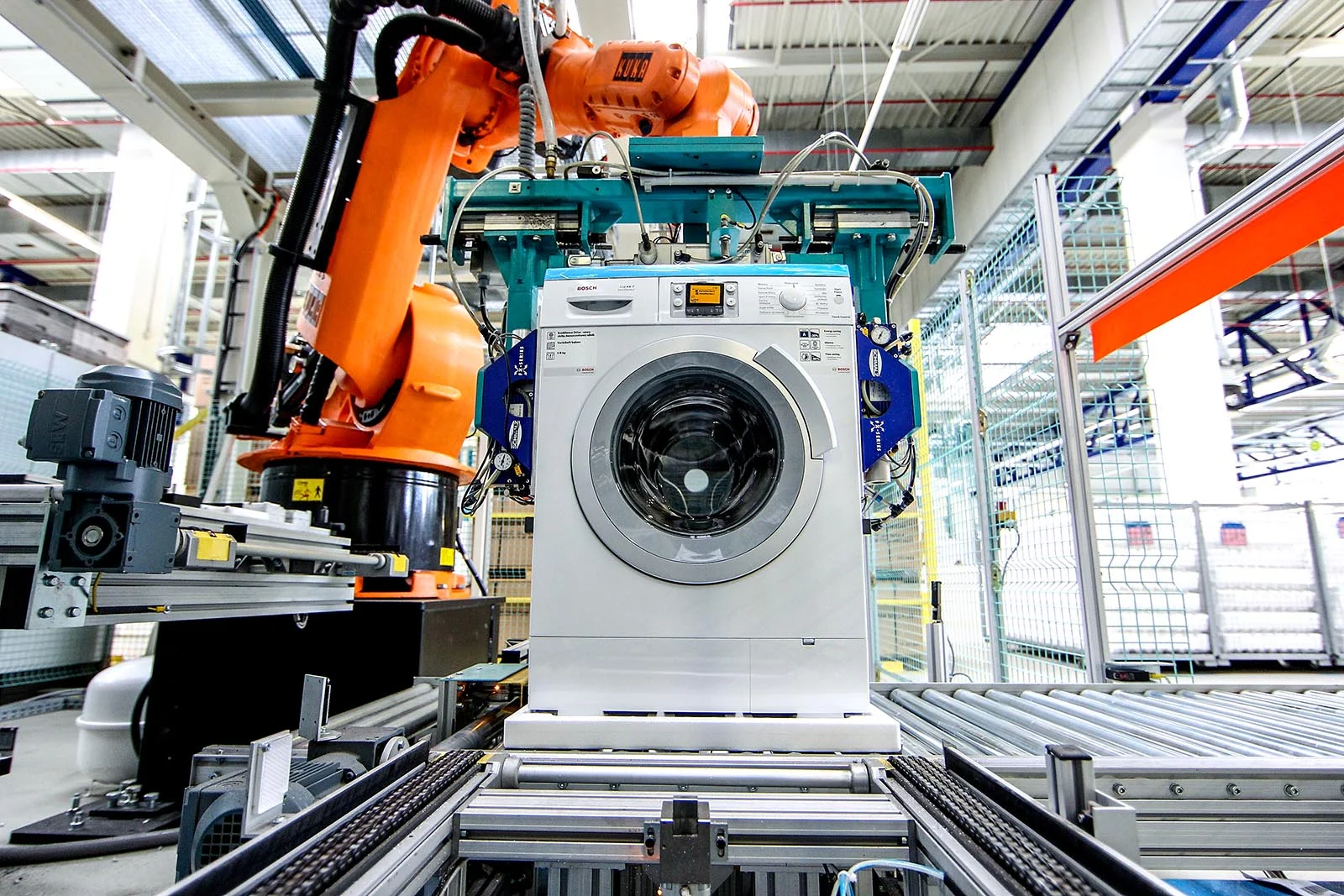Welding plays a crucial role in the manufacturing of home appliances, influencing production efficiency through various factors and considerations. This article explores how welding processes affect production efficiency in the home appliance industry, highlighting key aspects such as quality, cost, and process optimization.
Quality and Durability
In the production of home appliances, such as refrigerators, washing machines, and ovens, welding ensures structural integrity and durability. Quality welds are essential to withstand operational stresses and ensure the longevity of appliances throughout their lifecycle. Welding processes like MIG (Metal Inert Gas) and TIG (Tungsten Inert Gas) are commonly used to join components made of stainless steel, aluminum, and other materials known for their durability and corrosion resistance. By producing strong and reliable welds, manufacturers maintain high product standards and reduce the likelihood of premature failures or warranty claims.
Cost Efficiency and Material Savings
Efficient welding practices contribute to cost savings in appliance manufacturing. Automated welding systems optimize cycle times and reduce labor costs by streamlining repetitive welding tasks. Advanced welding technologies, such as laser welding and robotic welding cells, enable precise material deposition and minimize scrap. Manufacturers can achieve tighter tolerances and reduce material waste, leading to improved cost efficiency across production lines. Additionally, the integration of efficient welding processes reduces assembly time and overall manufacturing lead times, enabling companies to meet consumer demands more promptly.
Design Flexibility and Innovation
Welding techniques facilitate design flexibility and innovation in home appliance manufacturing. Manufacturers can create complex shapes and configurations by welding together diverse materials, offering consumers stylish and functional products. Advances in welding technology allow for the integration of lightweight materials without compromising structural integrity, contributing to energy efficiency and product differentiation in the market. Moreover, welding supports the assembly of modular components, simplifying repairs and upgrades throughout the appliance’s lifecycle.
Environmental Sustainability
Welding plays a role in promoting environmental sustainability within the home appliance industry. Efficient welding processes reduce energy consumption and emissions compared to traditional methods, aligning with global initiatives to minimize environmental impact. By optimizing welding parameters and material usage, manufacturers can achieve eco-friendly production practices while maintaining high standards of quality and performance. Additionally, the durability of welded joints extends the lifespan of appliances, reducing waste and contributing to a circular economy model.
Quality Control and Compliance
Welding processes are critical for ensuring product reliability and safety in compliance with industry standards and regulations. Manufacturers implement stringent quality control measures throughout the welding process, including inspection techniques like non-destructive testing (NDT) to detect defects and ensure weld integrity. Automated systems and data-driven analytics provide real-time monitoring of welding parameters, facilitating proactive adjustments and minimizing production disruptions. By adhering to quality standards, manufacturers uphold brand reputation and consumer trust in their products.
Conclusion
In conclusion, welding significantly impacts production efficiency in the home appliance industry by enhancing quality, reducing costs, fostering innovation, promoting sustainability, and ensuring regulatory compliance. As manufacturers continue to adopt advanced welding technologies and optimize production processes, they position themselves to meet evolving consumer demands for reliable, energy-efficient, and aesthetically pleasing appliances. By leveraging the benefits of efficient welding practices, companies can drive operational excellence and maintain competitive advantages in the global marketplace.

